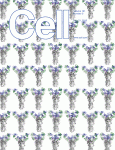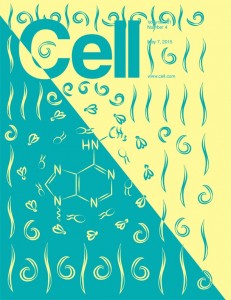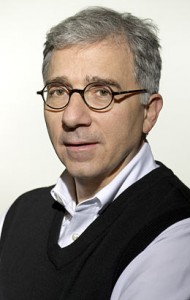 Cell Press has dismissed accusations of image manipulation in two well-cited papers.
Cell Press has dismissed accusations of image manipulation in two well-cited papers.
In June 2015, we reported that the publisher was investigating anonymous allegations of more than a dozen instances of manipulation of images in the papers published in Cell and Molecular Cell in 1999 and 2001, respectively.
After assessing the original high-resolution versions of images from the laboratory notebook of Maria Pia Cosma, the first author of both papers, the journals have not found enough evidence to determine that fraud had occurred.
Here’s the editorial note, issued last week for both papers (and also reported by Leonid Schneider): Continue reading Cell Press dismisses fraud allegations in high-profile genetics papers








